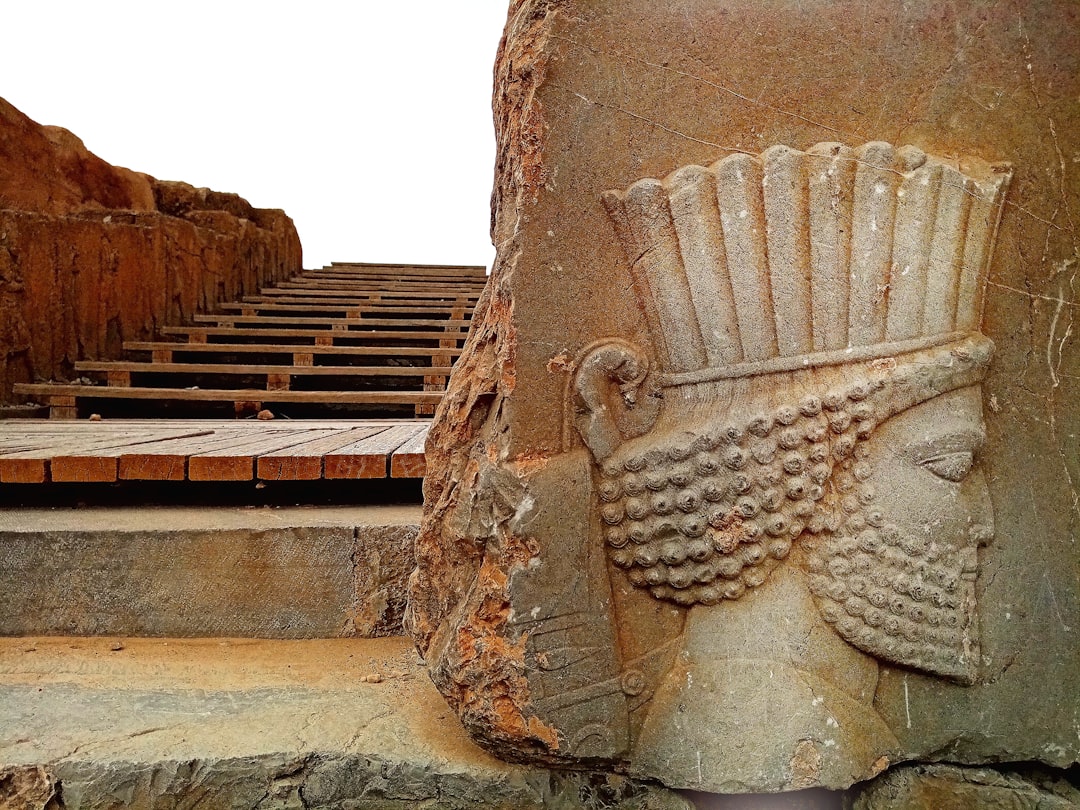Today, May 18th, 2025, marks the 977th birth anniversary of one of history's most brilliant minds – Omar Khayyam. Born in 1048 in Nishapur, Persia (modern-day northeastern Iran), Khayyam stands as a towering figure whose contributions span mathematics, astronomy, philosophy, and poetry. As we commemorate National Khayyam Day, it's worth reflecting on the extraordinary legacy of this Persian polymath whose work continues to influence science, literature, and culture nearly a millennium after his birth.
The Remarkable Life of Omar Khayyam
Ghiyāth al-Dīn Abū al-Fatḥ ʿUmar ibn Ibrāhīm Nīsābūrī, commonly known as Omar Khayyam, was born on May 18, 10481. The name "Khayyam" literally means "tent maker," which may have been his father Ibrahim's occupation. Khayyam lived during a period of significant political upheaval, including the First Crusade, which deeply influenced the trajectory of his life and work.
From an early age, Khayyam demonstrated exceptional intellectual prowess. He studied science, philosophy, mathematics, and astronomy in his hometown of Nishapur before traveling to Bukhara in 1068, where he frequented the renowned library of Ark. By the time he was 25, he had already authored several important works on arithmetic, music, and algebra, establishing himself as a leading thinker of his era.
Scientific Genius and Mathematical Innovation
Khayyam's contributions to mathematics and science were revolutionary for his time. He is particularly celebrated for his groundbreaking work on the classification and solution of cubic equations, providing geometric solutions by intersecting conic sections. He was the first mathematician to develop a general method for solving cubic equations – an extraordinary achievement for the 11th century. Though he didn't consider negative roots in his work, his methods were sophisticated enough to find all real roots of cubic equations.
Perhaps even more impressive was his contribution to astronomy and calendar design. During the reign of Sultan Malik-Shah I, Khayyam was invited to Isfahan to establish an observatory and revise the Persian calendar. The result was the Jalali calendar, inaugurated on March 15, 1079, and named in honor of the Sultan. This true solar calendar, where each month corresponded to the Sun's passage across a zodiac sign, was remarkably accurate. The Jalali calendar remained in use until the 20th century in Iran and even became the official national calendar of Qajar Iran in 1911, before being simplified in 1925 to form the basis of the modern Iranian calendar.
Literary Legacy: The Immortal Rubaiyat
While Khayyam's scientific achievements alone would secure his place in history, it is perhaps his poetry that has made him a household name across cultures. His collection of quatrains, known as the Rubaiyat, became internationally renowned centuries after his death through Edward Fitzgerald's English translation published in 1859.
The Rubaiyat's philosophical depth and lyrical beauty continue to captivate readers worldwide. Khayyam's verses often returned to specific themes: the brevity of life, the uncertainty of the future, and the importance of living in the present moment. Consider this famous quatrain from Fitzgerald's translation:
"AWAKE! for Morning in the Bowl of Night
Has flung the Stone that puts the Stars to Flight:
And Lo! the Hunter of the East has caught
The Sultan's Turret in a Noose of Light."
His poetry gives voice to humanity's eternal questions, doubts, and fears, exploring the riddles of existence with both wisdom and melancholy. The Rubaiyat's enduring appeal lies in this universal resonance – its ability to speak across centuries to the human condition.
The Philosophical Depth of Khayyam's Work
Khayyam's quatrains reflect a sophisticated philosophical worldview that often grappled with existential themes. His verses frequently contemplate the ephemeral nature of life and emphasize seizing the day, as tomorrow is never guaranteed. This perspective is beautifully captured in verses like:
"Come, fill the Cup, and in the Fire of Spring
The Winter Garment of Repentance fling:
The Bird of Time has but a little way
To fly-and Lo! the Bird is on the Wing."
Such sentiments have resonated with readers across cultures and generations, contributing to Khayyam's universal appeal as both a poet and philosopher.
Celebrating Khayyam Day Around the World
Today, National Khayyam Day is celebrated with great enthusiasm, particularly in Iran. Traditional commemorations include ceremonies at his mausoleum in Nishapur, as well as various cultural events, seminars, and workshops throughout the country and around the world.
In his hometown of Neyshabur, schools and cultural institutions celebrate by ringing bells in his honor, hosting exhibitions of calligraphy and sculptures, and organizing scholarly meetings on his life and work. The occasion brings together poets, scholars, and officials to pay tribute to this intellectual giant whose influence spans nearly a millennium.
International recognition of Khayyam continues to grow. In previous years, even Google has commemorated his birth anniversary with special doodles visible to users across Russia, the Middle East, North Africa, the United States, and Chile. Academic institutions worldwide also host events dedicated to his legacy, such as the upcoming celebration at the SOAS Gallery in London, which will include speeches about Khayyam's life and philosophy, musical performances, and the launch of a bilingual book.
Khayyam's Enduring Relevance in 2025
As we mark the 977th anniversary of Omar Khayyam's birth, his work remains remarkably relevant to our modern world. His scientific innovations laid groundwork for developments in mathematics and astronomy, while his precise calendar system still influences timekeeping in the Middle East.
Perhaps more importantly, Khayyam's philosophical approach to life – embracing the present moment while acknowledging life's impermanence – offers wisdom for our fast-paced, uncertain times. His poetry reminds us to appreciate beauty, seek knowledge, and recognize the value of each fleeting day.
Conclusion: A Legacy Across Centuries
Omar Khayyam transcended the boundaries of time, geography, and academic disciplines. A mathematician who wrote poetry, an astronomer who contemplated philosophy, he embodied the holistic intellectual tradition that valued knowledge in all its forms. On this National Khayyam Day, we celebrate not just the anniversary of his birth, but the continuing impact of his ideas and art across nearly a millennium.
His famous quatrain seems particularly fitting as we honor his memory today:
"The Bird of Time has but a little way
To fly-and Lo! the Bird is on the Wing."
Omar Khayyam's own bird of time has flown far indeed, carrying his wisdom across ten centuries to continue inspiring new generations around the world.





